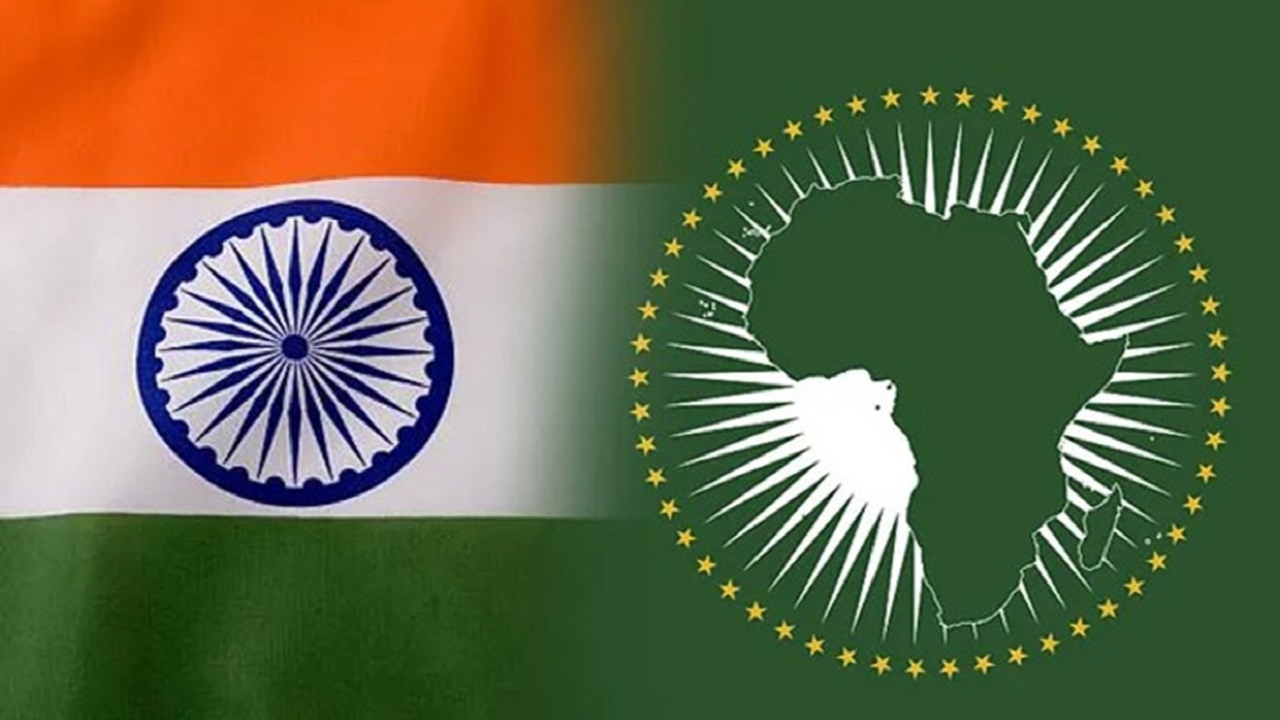India–Africa Digital Partnership: A New Era of Cooperation
Context
Africa Day, celebrated on May 25, marks the founding of the Organisation of African Unity in 1963 and reflects the continent’s aspirations for unity, development, and peace. India has been a consistent partner in Africa’s development journey, contributing significantly in areas such as infrastructure, education, renewable energy, and now, digital transformation.
India’s Key Contributions to Africa’s Development
-
State-led Financing: India has extended over US$ 13 billion in concessional loans and grants to African countries between 2010 and 2024.
-
Lines of Credit: India is the second-largest provider of credit to Africa, after China, supporting infrastructure and development projects.
-
Capacity-Building Initiatives:
-
Several Indian educational institutions have signed MoUs to train African human resources.
-
IIT Madras launched its first overseas campus in Zanzibar, a milestone in educational diplomacy.
-
-
Trade and Market Access:
-
India offers duty-free and preferential market access under the Duty-Free Tariff Preference (DFTP) Scheme to Least Developed Countries (LDCs).
-
India is Africa’s third-largest trading partner, with bilateral trade touching US$ 82.1 billion.
-
-
Renewable Energy Cooperation:
-
Through the International Solar Alliance, India committed US$ 2 billion to solar projects across Africa, promoting energy security and sustainable electrification.
-
India’s Digital Approach to Africa
-
Alignment with AU’s Strategy: India supports the African Union Digital Transformation Strategy (2020–2030), ensuring coherence with continental goals.
-
Pan-African e-Network:
-
Launched by India, this satellite-based platform enhances access to tele-medicine, tele-education, and digital connectivity.
-
-
Open-Source Digital Public Goods:
-
India promotes its digital platforms as open-source, inclusive, and affordable, enabling African countries to build sovereign and adaptable systems.
-
-
Digital Financial Inclusion:
-
India contributed US$ 2 million to the Africa Digital Financial Inclusion Facility (ADFI) to support access to digital financial tools for underserved populations.
-
Digital Public Infrastructure (DPI) and its Impact on Africa
-
Global DPI Support:
-
Initiatives like the One Future Alliance (OFA), launched during India’s G20 Presidency, aim to assist developing nations with funding and technical support for DPI implementation.
-
-
Sharing DPI Innovations:
-
India has been exporting its DPI models—Aadhaar (digital ID), UPI (digital payments), CoWIN (health platform), and DIKSHA (education platform)—to African nations.
-
-
Collaborations with African Nations:
-
In 2023, Zambia signed an MoU with the Centre for Digital Public Infrastructure at IIIT-B to advance its Smart Zambia Initiative.
-
Togo adopted India-inspired MOSIP (Modular Open-Source Identity Platform) for its national ID system.
-
In 2024, the Bank of Namibia signed a pact with the National Payments Corporation of India (NPCI) to develop a UPI-like digital payment system.
-
What Lies Ahead?
India and Africa are now poised to build a new digital compact grounded in mutual respect, co-development, and sustainable institutional partnerships. This model can offer a scalable framework for advancing digital inclusion, governance, and economic growth across the African continent.



_(12).jpg)
Comments (0)